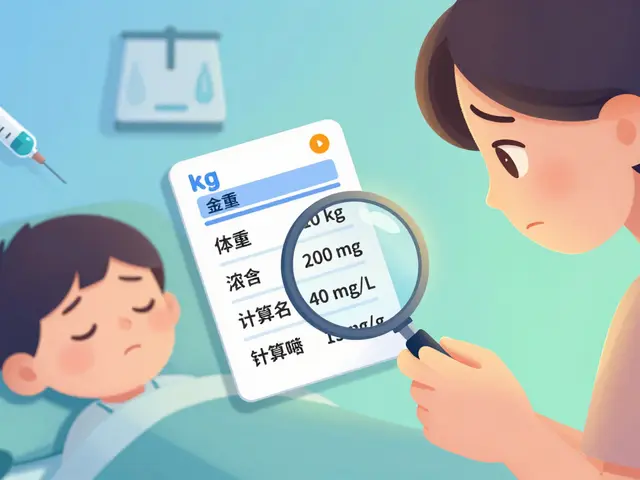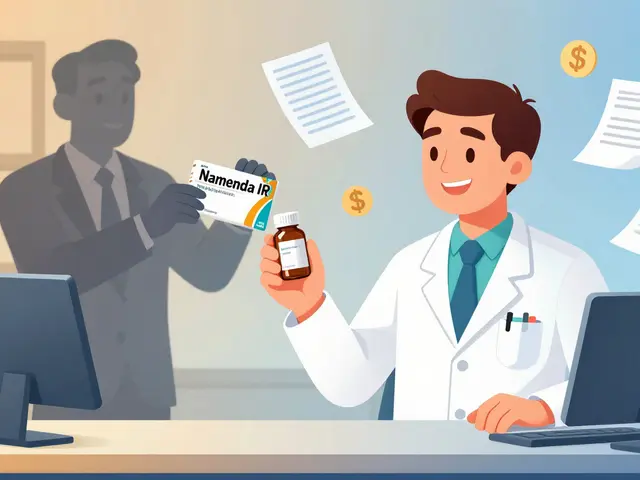Digestive health: quick fixes, smart choices, and what to watch for
Got a gut problem that won’t quit? Bloating, heartburn, nausea or constipation can wear you down fast. This page gives clear, useful steps you can try today, plus links to deeper reads on GenericDay so you don’t guess about treatment.
Small daily changes make a big difference. Slow down when you eat and chew properly — that lowers swallowed air and helps digestion. Eat smaller portions more often if big meals leave you uncomfortable. A 10–20 minute walk after meals speeds gastric emptying and lowers bloating for a lot of people.
Food and supplements that often help. Plain yogurt or kefir with live cultures can calm minor diarrhea and improve stool consistency. Fiber helps constipation: choose soluble fiber (oats, psyllium) first, then add insoluble fiber slowly. Ginger works well for nausea—try tea or candied slices. Peppermint oil may ease IBS cramps but avoid it if reflux is your main problem. Check our Buck's-Horn Plantain and Wild Thyme articles for safe herbal options and product tips.
Practical drug tips and when to use them. For occasional heartburn, antacids work fast; for frequent symptoms, a short course of an H2 blocker or PPI can help but talk to your doctor before long-term use. If nausea or gastroparesis is the issue, Motilium alternatives exist — our "Top 6 Motilium Alternatives" article compares options and side effects so you pick what's safest for you.
Buying medicine online? Be careful. Look for clear pharmacy credentials, real contact details, and secure payment. Our "Is CanPharm.com Legit?" and "How to Safely Buy Toradol Online" guides show practical checks: license verification, realistic pricing, and proper prescription requirements. Don’t buy controlled or prescription meds from sites that won’t ask for a prescription.
Quick fixes for common complaints
Bloating: cut fizzy drinks, reduce high-FODMAP foods for a few days and test changes one at a time. Constipation: hydrate, add 10–15 grams daily of soluble fiber like psyllium, and consider polyethylene glycol for short-term relief. Diarrhea: rehydrate with an oral solution and try a probiotic containing Lactobacillus rhamnosus GG or Saccharomyces boulardii for a few days.
Warning signs and next steps
See a clinician if you have severe belly pain, blood in stool, unexplained weight loss, persistent vomiting, or trouble swallowing. These need prompt checks. If symptoms are ongoing but not urgent, write down what you eat, medication list, and symptom timing — bring that to a telehealth visit or your GP. Our site has practical medication guides (Temazepam, Toradol), herb reviews, and antifungal options to help you prepare questions for your provider.
This tag page collects hands-on articles and clear safety tips so you can take the next right step for your gut — whether that’s changing a habit, trying a proven supplement, or asking the right questions at your next appointment.
This article explores whether the popular keto diet can be beneficial or detrimental for those suffering from erosive esophagitis. We delve into the basic principles of the keto diet, examine how it may impact esophageal health, and offer practical tips for managing symptoms. With the right adjustments, keto might just surprise you as a viable option for easing digestive woes.



